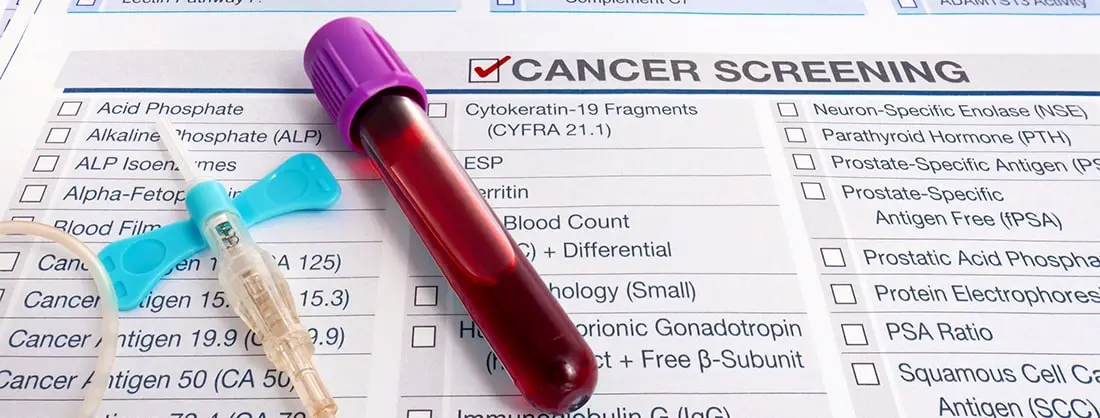
What Is Chemotherapy?
Chemotherapy is a systemic treatment that uses powerful drugs to target and kill cancer cells throughout the body. It can be used as the primary treatment or in combination with other therapies. Chemotherapy is typically administered through injections or oral medications, depending on the type of cancer and treatment plan.
Key Facts About Chemotherapy:
- Purpose: Chemotherapy aims to destroy cancer cells and stop them from multiplying.
- Side Effects: Common side effects include nausea, hair loss, fatigue, and increased risk of infection.
- Administration: It can be given intravenously (IV) or in pill form, often in cycles over weeks or months.
- Effectiveness: Chemotherapy is particularly effective for blood cancers like leukemia and lymphomas, as well as solid tumors.
What Is Radiation Therapy?
Radiation therapy uses high-energy radiation to kill or shrink tumors. It can be used alone or in combination with surgery and chemotherapy. External beam radiation is the most common form, but some patients may receive internal radiation (brachytherapy) depending on the type and location of cancer.
Key Facts About Radiation Therapy:
- Purpose: Radiation targets and destroys cancer cells in a specific area of the body.
- Side Effects: Side effects may include skin irritation, fatigue, and localized pain. Long-term effects can vary depending on the radiation area.
- Treatment Frequency: Typically, radiation is given daily over several weeks.
- Effectiveness: Radiation is effective in treating localized cancers, such as breast, prostate, and lung cancer.
What Is Cancer Surgery?
Surgery is one of the oldest and most commonly used treatments for cancer. It involves physically removing the tumor or cancerous tissue from the body. Surgery may be used to remove the entire tumor, part of it, or to relieve symptoms caused by cancer, such as blocking a passage or organ.
Key Facts About Cancer Surgery:
- Purpose: The goal of surgery is to remove as much of the tumor as possible and prevent the cancer from spreading.
- Types of Surgery: Options include curative surgery, palliative surgery, and preventive surgery.
- Side Effects: Common side effects include pain, infection, and swelling at the incision site.
- Effectiveness: Surgery is particularly effective for solid tumors that are localized and haven't spread.
Comparison of Cancer Treatment Methods
Understanding the differences between chemotherapy, radiation, and surgery is essential for selecting the best treatment plan. The table below compares these treatments across various key aspects:
| Treatment Type | Purpose | Common Side Effects | Effectiveness | Treatment Frequency |
|---|---|---|---|---|
| Chemotherapy | Kills cancer cells throughout the body | Nausea, hair loss, fatigue, infection | Effective for blood cancers and metastasized tumors | Cycles over weeks or months |
| Radiation Therapy | Targets specific tumor areas | Skin irritation, fatigue, localized pain | Effective for localized cancers | Daily treatments for weeks |
| Surgery | Removes tumors or cancerous tissue | Pain, infection, swelling | Effective for localized solid tumors | Single or a few sessions |
Conclusion: Choosing the Right Cancer Treatment
The treatment of cancer is highly individualized, and each option—chemotherapy, radiation, and surgery—has its unique benefits, risks, and applications. Patients should work closely with their healthcare team to determine the best combination of treatments based on their cancer type, stage, and overall health. By understanding the key facts about each treatment method, patients can make informed choices to enhance their chances of successful recovery.






